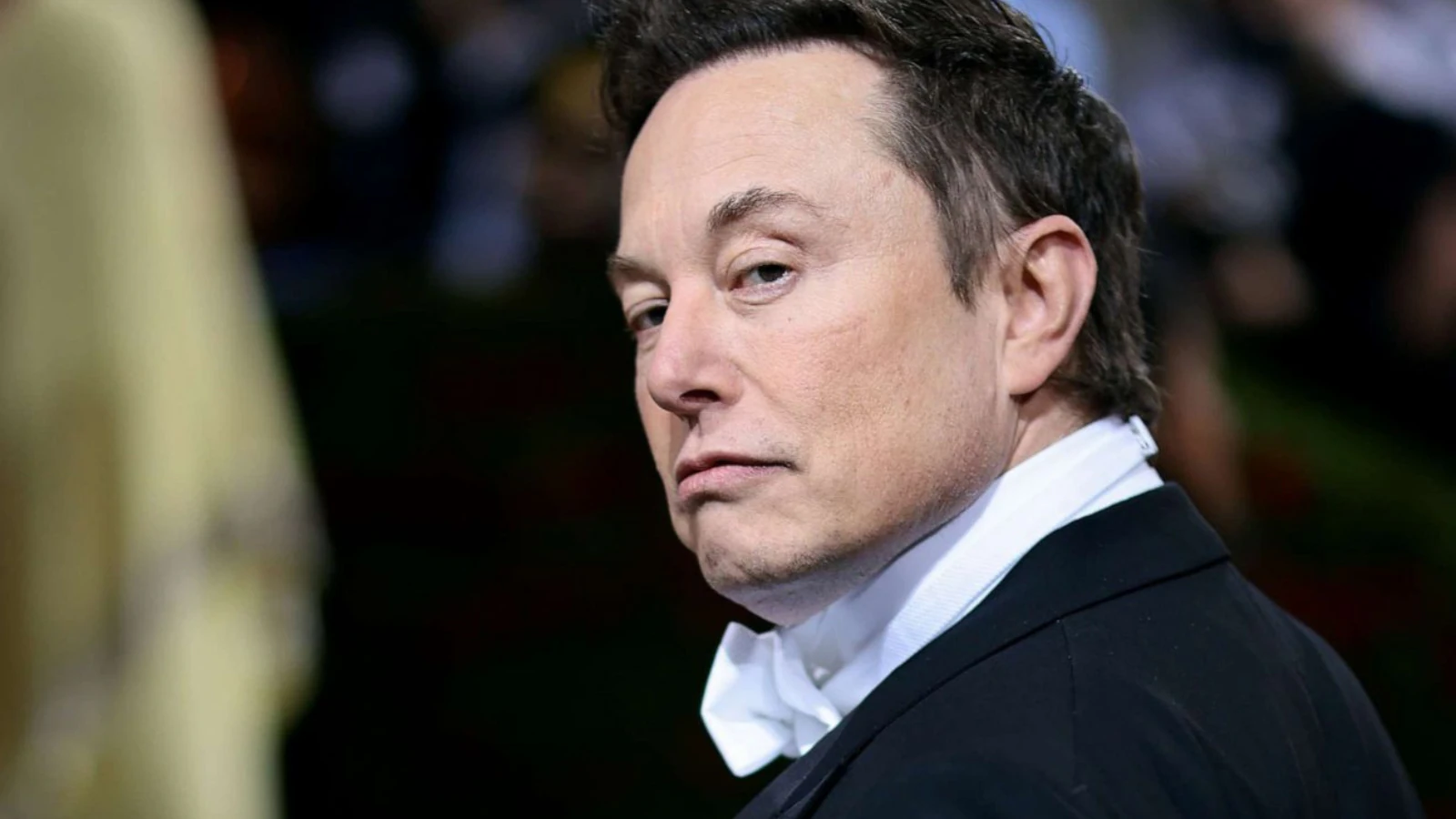By News18 Pathikrit Sen Gupta
Elon Musk’s newly launched America Party faces significant obstacles within the entrenched two-party system of the United States, grappling with numerous challenges historically faced by third parties.
Despite Musk’s vast personal wealth and extensive social media influence, converting online enthusiasm into a potent political force is a formidable task.
Ballot access laws
A primary obstacle is ballot access laws. Each US state has complex and often deliberately difficult regulations for recognising political parties and allowing their candidates to appear on ballots. These requirements range from collecting hundreds of thousands of signatures from registered voters within strict deadlines to achieving certain percentages of votes in previous elections.
For example, in California, a new party must either register 0.33% of the state’s voters as members (approximately 75,000 people) or submit signatures from 1.1 million voters. Maintaining this status necessitates ongoing efforts, such as retaining the registration threshold or securing at least 2% of the vote in a statewide race. Such state laws inherently favour the two major parties—Democrats and Republicans—rendering the establishment of a new national party a multi-year endeavour costing potentially hundreds of millions of dollars in legal fees and grassroots organising.
Duverger’s Law
The America Party must also contend with Duverger’s Law, a political science principle stating that plurality-rule electoral systems with single-member districts tend to produce two dominant political parties.
This structural reality leads voters to often favour major parties to avoid “wasting” their vote on a third-party candidate unlikely to win, even if they align more closely with the third party’s platform. This creates a powerful self-reinforcing cycle that has consistently marginalised third parties like the Green Party and Libertarian Party, despite their decades-long existence.
Finance and organisation
Financial limitations and organisational infrastructure represent another daunting challenge. Although Musk’s personal fortune exceeds $350 billion, once a party attains national recognition, individual donors like Musk would be constrained by Federal Election Commission (FEC) caps on political contributions.
Currently, individuals can only contribute $10,000 annually to a state political party or $44,300 annually to a national party committee. Establishing a comprehensive national infrastructure—including state-level committees, staff, and volunteers across 50 states—requires sustained, widespread financial support that surpasses a single billionaire’s initial investment. Existing third parties, despite years of effort, operate on relatively modest budgets compared to the multi-billion dollar expenditures of the Democratic and Republican parties.
Brand value
Moreover, public perception and brand recognition are crucial. While Elon Musk is globally recognised, his public image is often polarising.
Critics argue that his brand may be too tarnished to inspire a broad-based movement, particularly among those outside his immediate fan base or those who view him as too closely associated with specific controversial tech or social issues.
His recent public falling out with Donald Trump and criticisms of both major parties, though potentially appealing to some, also alienate others.
Lastly, the absence of a clear, broad ideological foundation beyond “anti-uniparty” sentiment could impede long-term growth. While many Americans express dissatisfaction with the two major parties, translating that generalised discontent into a cohesive political platform that attracts diverse voters across various policy issues has historically been challenging for new parties.
The America Party would need to articulate clear, actionable policies that resonate widely and distinguish it sufficiently from both Republicans and Democrats, without alienating potential supporters. Although Musk has suggested focusing on a few key House and Senate seats to act as a “deciding vote on contentious laws,” building a lasting political party requires more than merely holding a balance of power; it demands a shared vision and a dedicated, organised grassroots movement.
(With agency inputs)
